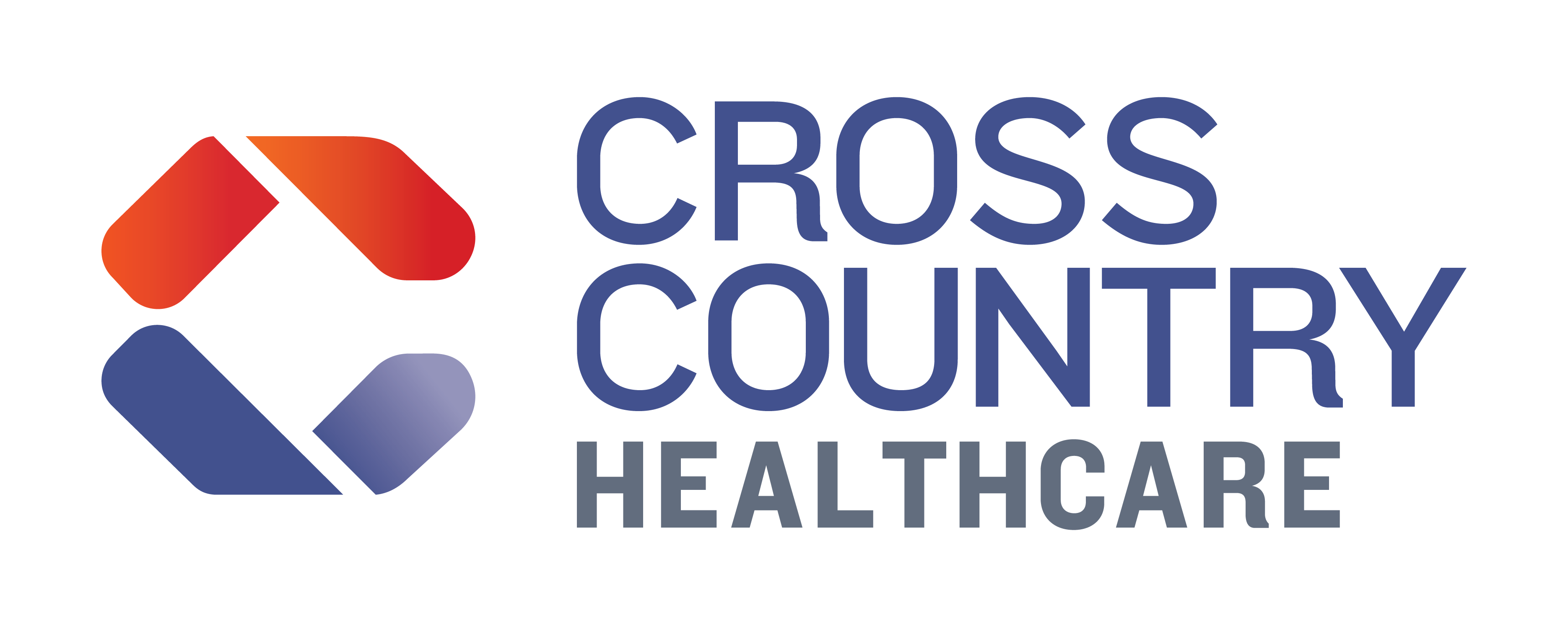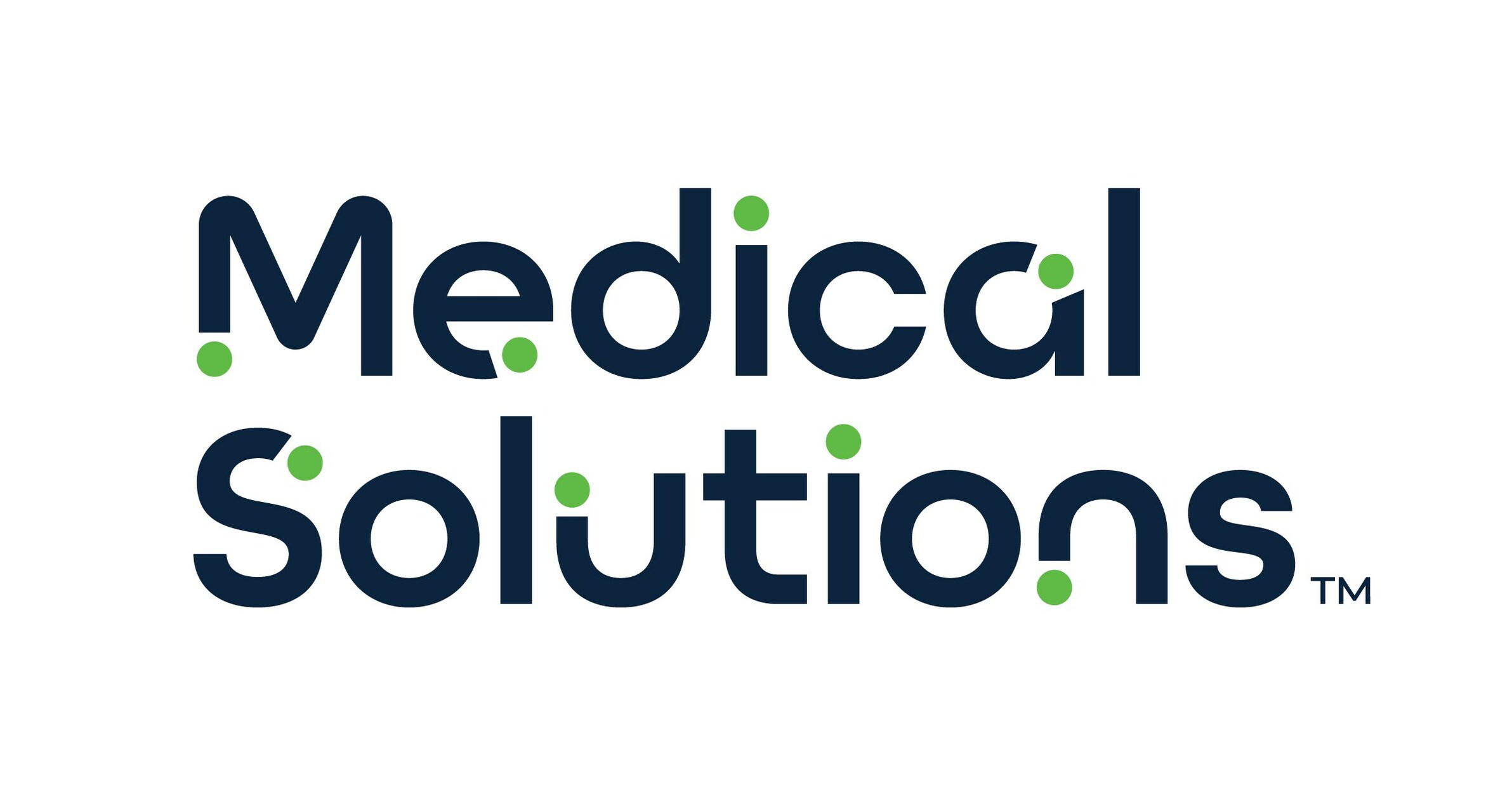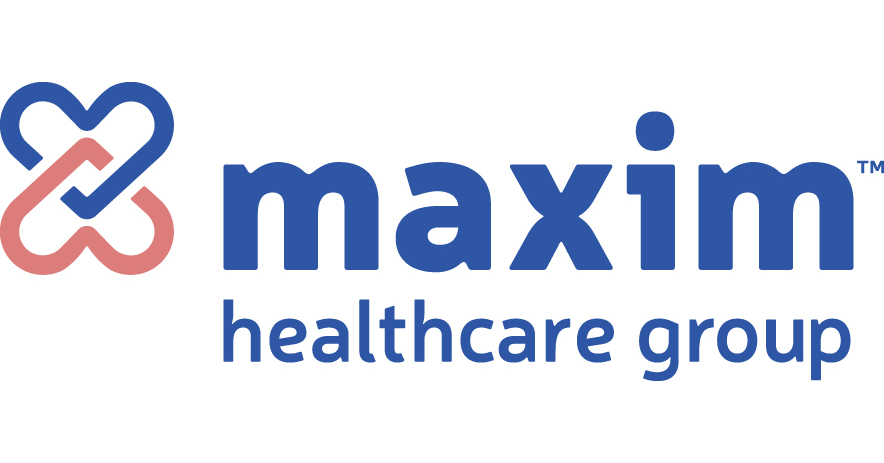The healthcare industry in 2025 faces unprecedented challenges, from navigating complex regulations to ensuring seamless patient care amidst technological advancements.
Healthcare Managed Services Providers (MSPs) have emerged as critical partners, enabling organizations to streamline operations, enhance cybersecurity, and focus on delivering quality care. These providers offer specialized solutions, including IT management, staffing, and compliance support, tailored to the unique needs of healthcare facilities.
This article explores the top 10 healthcare MSPs in the USA for 2025, highlighting their services, benefits, and key considerations for choosing the right provider. By leveraging these services, healthcare organizations can optimize efficiency, reduce costs, and improve patient outcomes in a rapidly evolving landscape.
Understanding Healthcare Managed Services
Healthcare managed services encompass a broad spectrum of outsourced solutions designed to enhance the operational efficiency of healthcare organizations. These services include IT infrastructure management, cybersecurity, staffing solutions, compliance management, and administrative support.
By partnering with specialized providers, healthcare facilities can offload non-core tasks, allowing staff to prioritize patient care.
Key Components of Healthcare Managed Services
- IT Management: Ensures reliable, secure, and compliant IT systems through network management, data backup, and system maintenance.
- Staffing Solutions: Provides temporary, permanent, or contract healthcare professionals to meet fluctuating workforce demands.
- Compliance Management: Helps navigate regulatory requirements, such as HIPAA, to avoid penalties and maintain standards.
- Administrative Support: Streamlines tasks like billing, coding, and claims processing to improve financial stability.
These components collectively reduce operational burdens, enhance security, and support strategic goals, making MSPs indispensable in modern healthcare.
Benefits of Partnering with Healthcare MSPs
Healthcare MSPs offer numerous advantages that drive efficiency and improve patient care. Some of the top benefits of utilizing these services includes:
- Cost Efficiency
Outsourcing to MSPs eliminates the need for extensive in-house resources, reducing operational costs while maintaining high-quality services. - Enhanced Cybersecurity
MSPs implement robust security measures, including encryption and threat detection, to protect sensitive patient data and ensure compliance. - Improved Operational Efficiency
Streamlined processes and proactive IT maintenance minimize downtime, allowing healthcare staff to focus on core responsibilities. - Access to Expertise
MSPs provide specialized knowledge in IT, compliance, and staffing, reducing the need for costly in-house training. - Scalability
Flexible solutions adapt to changing organizational needs, such as scaling IT infrastructure or adjusting staffing levels. - Compliance Assurance
MSPs ensure adherence to industry regulations, mitigating risks of legal and financial penalties. - Focus on Patient Care
By handling administrative and technical tasks, MSPs enable healthcare providers to prioritize patient outcomes. - Advanced Technology Integration
MSPs offer access to cutting-edge tools, such as electronic health records (EHR) systems and telehealth platforms. - Risk Management
Proactive monitoring and disaster recovery plans reduce the likelihood of data breaches and system failures. - Strategic Planning Support
MSPs assist with long-term IT and workforce strategies, aligning solutions with organizational goals.
The Role of MSPs in Healthcare Transformation
Healthcare MSPs play a pivotal role in addressing the industry’s evolving needs. Their services support operational, technological, and regulatory demands, ensuring facilities remain competitive and compliant.
Core Functions of Healthcare MSPs
- Streamlining Operations: MSPs optimize administrative tasks, such as billing and claims processing, to enhance financial stability.
- Securing IT Infrastructure: Robust cybersecurity measures protect patient data and ensure system reliability.
- Facilitating Staffing Needs: MSPs provide qualified professionals to fill workforce gaps, maintaining care continuity.
- Ensuring Regulatory Compliance: Expert guidance helps organizations meet HIPAA and other standards.
- Driving Innovation: MSPs integrate advanced technologies, like AI-driven analytics, to improve care delivery.
By addressing these areas, MSPs empower healthcare organizations to navigate challenges and deliver high-quality care.
Top 10 Healthcare Managed Services (MSP) Providers in 2025
Based on the innovative solutions, reliability, and client satisfaction, here are the curated list of the top 10 healthcare MSPs in the USA for 2025:
1. AMN Healthcare

AMN Healthcare leads the industry with comprehensive workforce solutions, including travel nursing, locum tenens, and permanent staffing. Their technology-driven approach optimizes staffing efficiency and ensures compliance.
Key Services:
- Travel nurse and allied health staffing
- Workforce analytics and vendor management
- Revenue cycle consulting
2. Cross Country Healthcare

Cross Country Healthcare excels in providing flexible staffing solutions, from travel nursing to per diem staffing. Their workforce analytics and credentialing services enhance operational efficiency.
Key Services:
- Allied health and physician staffing
- Vendor-neutral workforce management
- Education programs for professionals
3. Aya Healthcare

Aya Healthcare is renowned for its data-driven staffing solutions, particularly in travel nursing and allied health. Their innovative platform streamlines hiring and improves retention.
Key Services:
- Per diem and local contract staffing
- Predictive hiring analytics
- Permanent placement solutions
4. CHG Healthcare

CHG Healthcare specializes in physician and nurse staffing, offering locum tenens and direct hire services. Their tailored strategies ensure continuity of care.
Key Services:
- Locum tenens for physicians
- Credentialing and licensing support
- Custom workforce management
5. Medical Solutions

Medical Solutions provides travel nursing and allied health staffing, supported by advanced analytics to optimize workforce management.
Key Services:
- Vendor-neutral staffing solutions
- Per diem staffing
- Workforce cost management
6. Favorite Healthcare Staffing

Favorite Healthcare Staffing offers diverse staffing options, including long-term care and home healthcare, with a focus on rapid response to urgent needs.
Key Services:
- Contract and permanent staffing
- Home healthcare staffing
- Workforce vendor services
7. HealthTrust Workforce Solutions

HealthTrust delivers comprehensive staffing and consulting services, improving workforce efficiency and patient care quality.
Key Services:
- Specialty staffing solutions
- Recruitment process outsourcing
- Workforce consulting
8. Maxim Healthcare Services

Maxim Healthcare focuses on nurse and home healthcare staffing, emphasizing compliance and patient-centered care.
Key Services:
- Home healthcare staffing
- School healthcare staffing
- Credentialing services
9. Supplemental Health Care
Supplemental Health Care provides innovative staffing solutions, ensuring workforce stability across hospitals and clinics.
Key Services:
- Home health staffing
- Talent acquisition strategies
- Managed workforce solutions
10. Aureus Medical Group
Aureus Medical Group connects healthcare facilities with top-tier professionals, specializing in travel nursing and advanced practice staffing.
Key Services:
- Physician staffing
- Compliance support
- Permanent placement services
Comparative Analysis of Top Healthcare MSPs: Key Services and Strengths
| Provider | Key Services | Strengths |
|---|---|---|
| AMN Healthcare | Travel nursing, locum tenens, workforce analytics, revenue cycle consulting | Nationwide presence, data-driven staffing, compliance expertise |
| Cross Country Healthcare | Comprehensive solutions, cost efficiency, and high-quality professionals | Flexible staffing options, robust credentialing, and workforce insights |
| Aya Healthcare | Travel nursing, per diem staffing, predictive hiring, permanent placement | Innovative technology, retention strategies, and scalable solutions |
| CHG Healthcare | Locum tenens, travel nursing, direct hire, credentialing support | Tailored workforce strategies, efficient recruitment, care continuity |
| Medical Solutions | Travel nursing, per diem staffing, vendor-neutral solutions, cost management | Advanced analytics, cost optimization, flexible staffing |
| Favorite Healthcare Staffing | Travel nursing, home healthcare, permanent placement, vendor services | Rapid response, personalized service, diverse staffing options |
| HealthTrust Workforce Solutions | Specialty staffing, workforce consulting, and recruitment outsourcing | Comprehensive solutions, cost efficiency, high-quality professionals |
| Maxim Healthcare Services | Nurse staffing, home healthcare, school staffing, and credentialing services | Compliance focus, patient-centered care, flexible staffing |
| Supplemental Health Care | Travel nursing, home health staffing, talent acquisition, managed solutions | Workforce stability, innovative staffing, personalized approach |
| Aureus Medical Group | Travel nursing, physician staffing, permanent placement, and compliance support | Extensive network, streamlined hiring, quality professionals |
Considerations for Choosing a Healthcare MSP
Selecting the right MSP requires careful evaluation to ensure alignment with organizational needs. Below are key factors to consider:
- Industry Expertise: Choose an MSP with a proven track record in healthcare, ensuring familiarity with industry-specific challenges.
- Service Range: Opt for providers offering comprehensive services, from IT management to staffing and compliance.
- Compliance Processes: Verify robust credentialing and compliance procedures to meet regulatory standards.
- Technology Capabilities: Assess the MSP’s use of advanced tools for staffing, analytics, and cybersecurity.
- Flexibility: Ensure the MSP offers scalable solutions to accommodate fluctuating demands.
- Quality Assurance: Look for performance evaluation and continuous improvement processes.
- Communication: Prioritize MSPs with dedicated support and responsive customer service.
- Cost-Value Balance: Evaluate costs against the quality and reliability of services provided.
- Reputation: Research client reviews and testimonials to gauge the MSP’s reliability.
- Collaborative Approach: Select an MSP that fosters a partnership aligned with organizational goals.
Preferred Healthcare Managed Services in 2025
Healthcare departments prioritize services that address operational and regulatory needs while enhancing patient care. The most sought-after services include:
- IT Management: Network security, data backup, and EHR optimization ensure reliable systems.
- Staffing Solutions: Flexible staffing options meet workforce demands efficiently.
- Compliance Support: Regulatory guidance minimizes legal risks.
- Administrative Services: Billing and claims processing streamline financial operations.
- Patient Care Technologies: Telehealth and patient engagement tools improve outcomes.
These services align with the industry’s focus on efficiency, security, and quality care.
How MSPs Benefit Healthcare Organizations
Healthcare MSPs deliver transformative benefits, enhancing efficiency and patient care. Key advantages include:
- Robust Security: Advanced cybersecurity measures protect patient data and ensure HIPAA compliance.
- Operational Streamlining: Proactive IT maintenance reduces downtime, optimizing workflows.
- Technology Access: MSPs integrate tools like telehealth and EHR systems to enhance care delivery.
- Cost Reduction: Outsourcing eliminates the need for extensive in-house resources.
- Scalable Solutions: Flexible services adapt to organizational growth and changing needs.
- Proactive Maintenance: Continuous monitoring prevents system issues, ensuring reliability.
- Strategic Guidance: MSPs support long-term planning, aligning IT and workforce strategies with goals.
Key Conclusion and Analysis
Healthcare Managed Services Providers are pivotal in transforming the U.S. healthcare landscape in 2025. By offering specialized IT, staffing, and compliance solutions, these providers enable organizations to navigate challenges, reduce costs, and prioritize patient care.
The top 10 MSPs listed, such as AMN Healthcare, Cross Country Healthcare, Aya Healthcare, and others, demonstrate excellence in delivering tailored services that enhance efficiency and security. Choosing the right MSP involves evaluating expertise, service range, and alignment with organizational goals.
As healthcare continues to evolve, partnering with a reliable MSP ensures facilities remain competitive, compliant, and focused on delivering exceptional patient outcomes.
FAQs
Healthcare managed services involve outsourcing tasks like IT management, staffing, and compliance to specialized providers, allowing organizations to focus on patient care.
A Managed Service Provider (MSP) in healthcare delivers outsourced services, such as IT support, staffing, and administrative tasks, to enhance efficiency and compliance.
MSPs implement encryption, threat detection, and regular audits to protect patient data and ensure compliance with regulations like HIPAA.
MSPs provide temporary, permanent, and contract staffing for nurses, physicians, and allied health professionals to meet workforce demands.
MSPs offer expert guidance, robust credentialing, and compliance monitoring to adhere to industry standards and avoid penalties.
MSPs reduce operational costs by eliminating the need for in-house staff and resources while maintaining high-quality services.
By handling administrative and IT tasks, MSPs allow healthcare staff to focus on delivering quality care, improving patient outcomes.
MSPs implement EHR systems, telehealth platforms, and patient engagement tools to enhance care delivery and efficiency.
Evaluate expertise, service range, compliance processes, technology capabilities, and client reviews to select a suitable MSP.
MSPs address rising costs, regulatory complexity, and technological demands, enabling organizations to stay competitive and prioritize patient care.